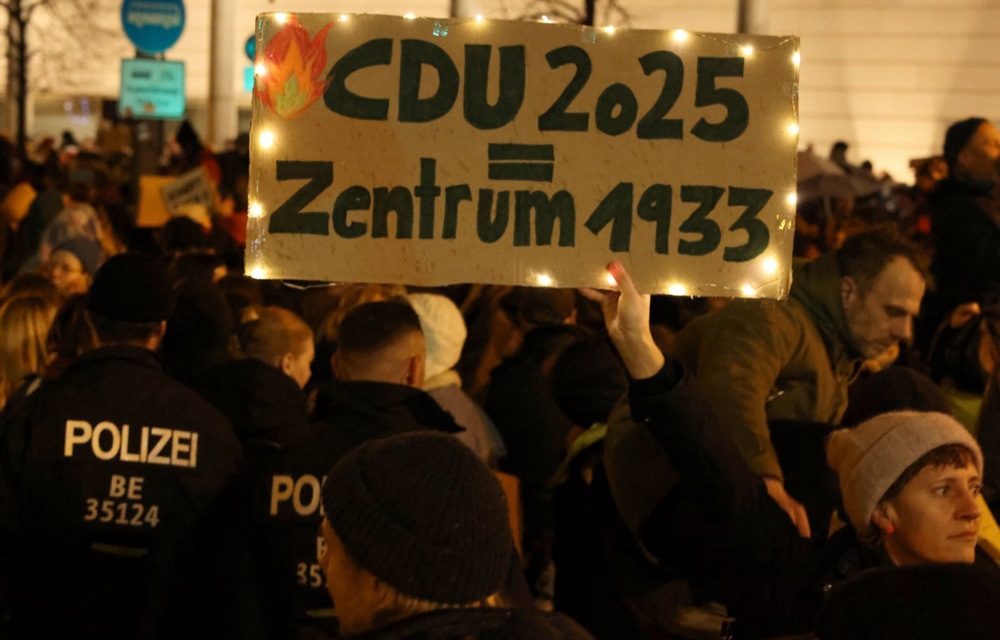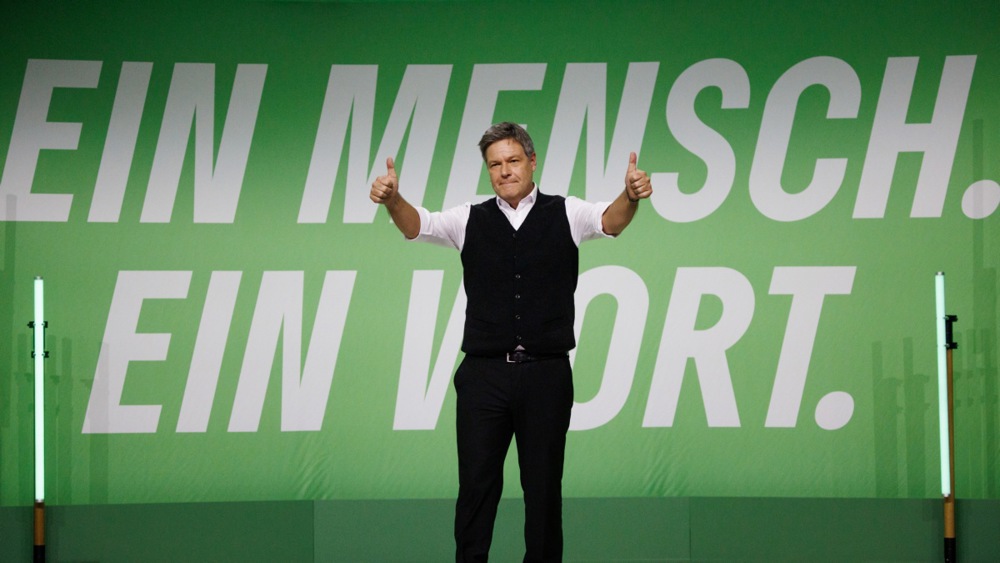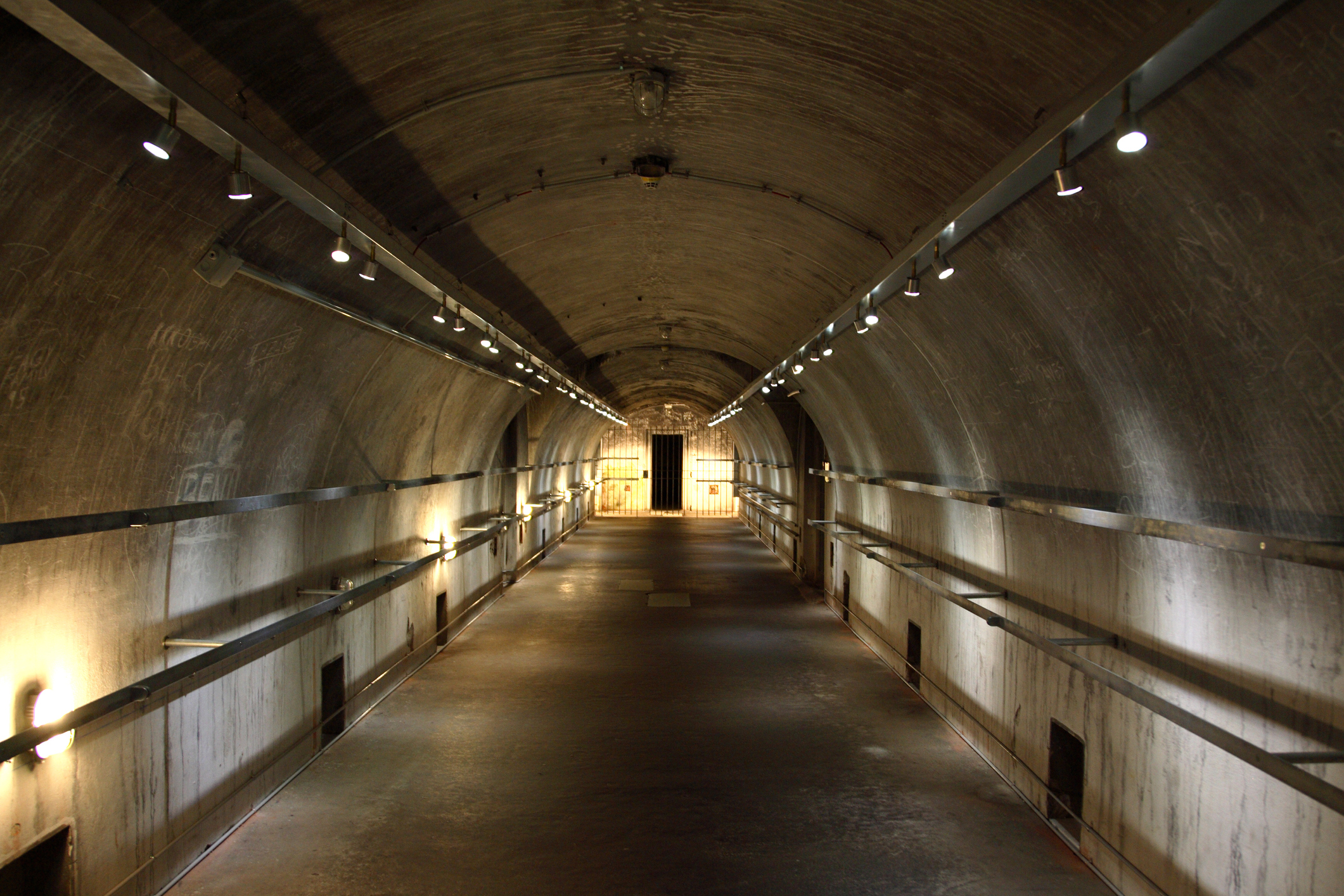Germany’s outgoing Chancellor Olaf Scholz has called for reform of the country’s “debt brake” to strengthen the country’s defence capabilities, citing the shifting dynamics of US foreign policy and the ongoing crisis in Ukraine.
“We need a reform of the debt brake to exclude investments in our security and defence,” said Scholz on February 13.
“Given recent events over the last 24 hours and the statements from the US Government, this issue can no longer be postponed. We must make a decision — now,” he added.
Earlier in January, US President Donald Trump had stated that NATO allies should spend 5 per cent of their GDP on defence.
Germany currently fails to meet NATO’s current target of spending 2 per cent of its GDP on defence, a goal established 10 years ago at the 2014 NATO Summit.
Trump had previously warned that the US might withdraw from the military alliance if the spending target was not met.
“It’s crystal clear that our defence spending must grow significantly. To hit NATO’s 2 per cent target, we will need an extra €30 billion in the federal budget starting in 2028,” warned Scholz.
“Each additional percentage point of defence spending will cost us another €43 billion. We’re talking about staggering sums, reaching into the hundreds of billions over this decade,” he added.
Scholz dismissed claims that such vast amounts could be saved by slashing small portions of the current budget.
“Anyone who suggests that you can save billions by cutting 2 billion here and half a billion there is misleading the public,” he argued.
His remarks came ahead of the Munich Security Conference from February 14 to 16, where European Union defence spending will likely be a focal point.
According to Edward Kudsen Lawrence, a researcher at the Hertie School of Berlin specialising in transatlantic relations, Germany’s crisis mode stemmed from the country’s “unwillingness” to invest in defence.
Speaking to Brussels Signal earlier in February, he argued that Germany “has become a little silly” with its anti-military stance by relying heavily “on the world’s biggest military and nuclear umbrella to defend us”.
Scholz also called on other democratic parties to back the reforms. “This is about the peace and security of our country,” he insisted.
The Christian Democratic Union’s (CDU) main candidate for chancellor, Friedrich Merz, leading the polls to take the role, recently hinted at a potential shift on the debt brake issue.
In a televised debate on February 9, Merz stated he would be open to discussions about reforming the debt brake, although not immediately.
“You can discuss everything but that certainly won’t come at the beginning,” he remarked.
Merz acknowledged that measures might be needed to finance increased defence spending,
His comments on the debt brake signalled a departure from the CDU’s traditional stance of maintaining Germany’s fiscal constraints.
“I don’t think we should change the rule,” CDU MEP Peter Liese told Brussels Signal recently.
“With the current rules, we could add €50 billion in debt every year. Fifty billion. That’s a lot,” he added.
Liese further questioned long-term financial stability: “Who can guarantee that our children and grandchildren won’t face even greater challenges? Are we sure there won’t be another war or pandemic when we’ll need even more funds?
“If we stretch things too far, we risk creating a serious problem for future generations.”
Although the Social Democratic Party (SPD) has been open to debt brake, or Schuldenbremse, rule change, Scholz’s comments signalled a shift away from the SPD’s position.
During the current federal electoral campaign, the SPD has advocated for reforming the debt brake but not to fund defence.
Instead, its initial focus has been supporting climate action and Germany’s “green” transition target.
“The reform of the debt brake is also seen as essential to give municipalities more financial flexibility to manage their increasing responsibilities, particularly in the face of climate goals,” the SPD campaign manifesto read.





